
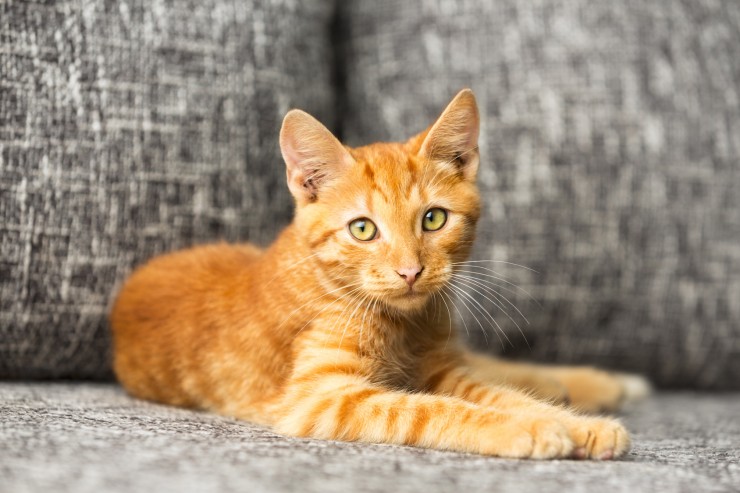
Just like puppies, when kittens are born they don't have any teeth which means when they suckle on mum, they do so without hurting her. It's only when a kitten is about 14 days old that their tiny incisors start to push through at the front of their mouths and then at about 4 weeks old, their fangs which are often called canines start to appear. Finally, it's the turn of the premolars which erupt when kittens are around 6 weeks old.
All of the aforementioned teeth are referred to as being deciduous because they will eventually be replaced by a cat's permanent teeth. Deciduous teeth are also known as "baby" teeth and once permanent teeth start to erupt, the baby teeth fall out to make room for them.
In total, a kitten has 26 milk teeth which consist of 3 upper and 3 lower incisors which are found on each side of their mouths. They have 1 upper and 1 lower canine found on each side too and then there are 3 upper and 2 lower premolars found on each side of their mouths as well. Kittens do not have any molars.
It's when a kitten is about 11 weeks old that their milk teeth typically start to fall out because this is when their adult teeth first start appearing. When a kitten reaches 4 months of age all their permanent incisors have erupted and a month later when they are around 5 months old, they will have all 4 of their canine teeth too.
All of their premolars of which there are 10, erupt through by the age of 6 months, but their 4 molars will not generally appear until much later in a kitten's life which could well even be well into adulthood. The difference between a kitten and adult cat is that whereas kittens only have 26 milk teeth, an adult cat has 30 permanent ones because they have molars whereas kittens do not.
It goes without saying that when any new teeth start to push through a kitten's gums, it can be an uncomfortable and sore time for them to have to put up with. When permanent teeth erupt, milk teeth become loose and this in itself can cause a problem, making it harder for them to eat or drink. When a kitten or young cat is in pain, they may behave a little differently and could even show a bit of aggression if you go anywhere near their mouths. Other signs your kitten may be experiencing teething problems include the following:
If a tooth problem seems to go on for too long or you are worried your kitten is just not eating or drinking enough water, it's best to contact the vet so they can be thoroughly checked over. All kittens should be taken for their first health check-up as soon as possible once you have introduced them into their new home and ideally this needs to be just a few days later.
The vet would be able to examine their mouths thoroughly to make sure no baby teeth are causing any problems. Once your kitten starts to lose their baby teeth, the vet would be able to check them over to see whether your kitten's adult/permanent teeth are erupting through as they should. If a problem lasts for more than seven days, the vet might recommend removing the tooth to avoid any further dental issues like over-crowding in the kitten's mouth.
After the initial health check, it's a very good idea to take your kitten along for another check-up when they are around 6 or 8 months old. The vet would be able to check their overall oral health and to see whether there are any problems with your kittens permanent teeth. It's also an ideal time to have your pet either spayed or neutered.
Luckily, when a kitten's permanent teeth start to push through, although it can be quite uncomfortable, in general things tend to go as they should without any problems. However, it's always a good idea to keep a close eye on things because if any milk teeth fail to fall out when their adult teeth appear, it could be very painful and might put your pet off eating their food or drinking enough water. If you notice your kitten seems reluctant to chew on anything or to pick anything up in their mouths, your best bet is to take them along to the vet so their mouths can be thoroughly checked out and if there is a teething problem, the vet would be able to deal with it as they see necessary.
 Understanding The 3 Popular Dog Training Methods
Understanding The 3 Popular Dog Training Methods
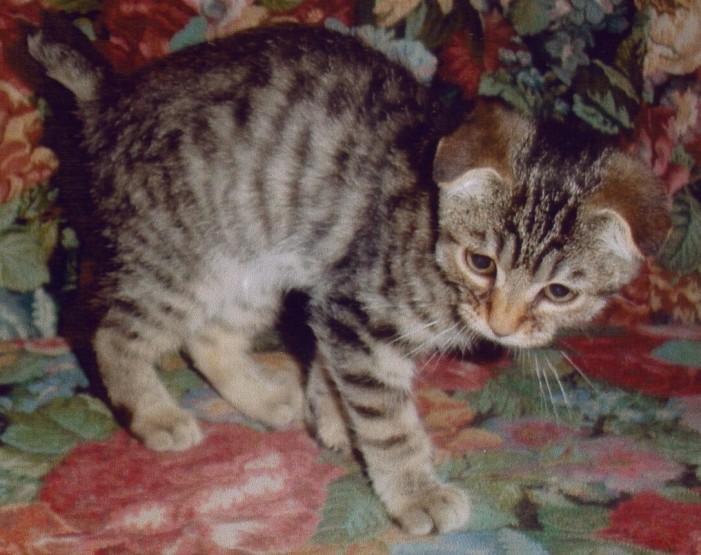 All About The Puppykat
All About The Puppykat
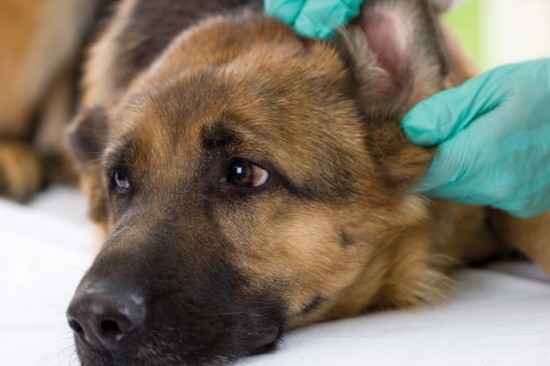 Dealing With Canker Of The Ears In Dogs
Dealing With Canker Of The Ears In Dogs
 Companion Parrots - Gratification Of Living Together
Companion Parrots - Gratification Of Living Together
 How Primary Secretory Otitis Media (glue Ear) Can Affect The Cavalier King Charles Spaniel
How Primary Secretory Otitis Media (glue Ear) Can Affect The Cavalier King Charles Spaniel
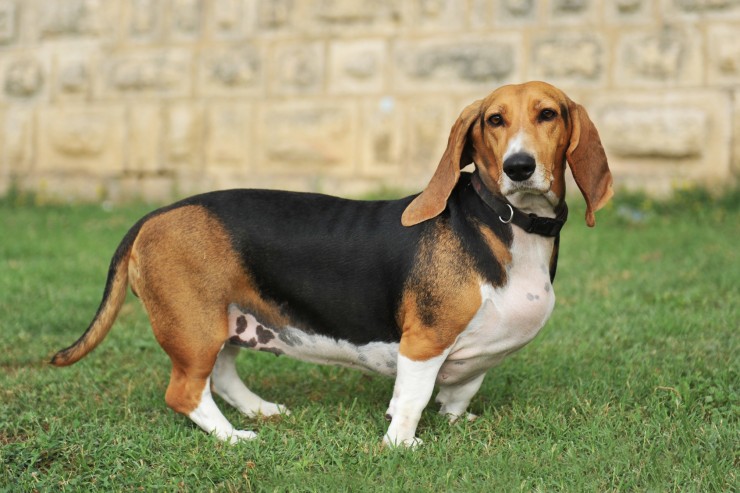 Five Of The Most Common Chronic Health Problems Seen In Dogs
Five Of The Most Common Chronic Health Problems Seen In Dogs
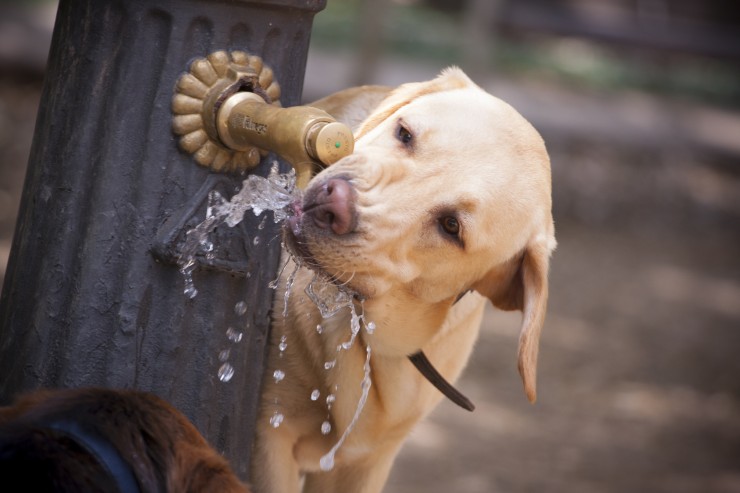 Six Water Sources That Your Dog Should Not Drink From
Six Water Sources
Six Water Sources That Your Dog Should Not Drink From
Six Water Sources
 Tibetan Terrier Hereditary Health And Longevity
Tibetan Terrier H
Tibetan Terrier Hereditary Health And Longevity
Tibetan Terrier H
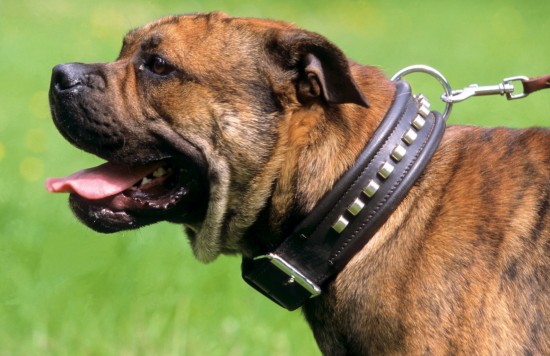 Changes To The Dangerous Dogs Act 2014 - What All Dog Owners Need To Know
Changes To The Da
Changes To The Dangerous Dogs Act 2014 - What All Dog Owners Need To Know
Changes To The Da
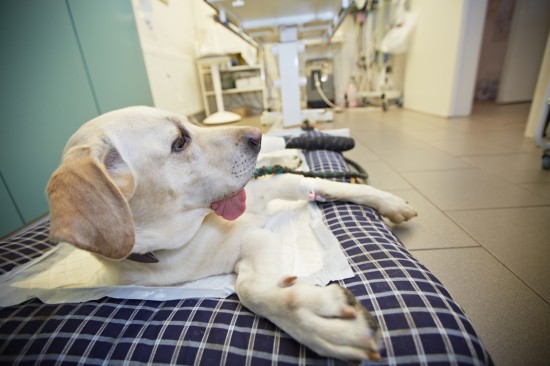 Dogs And Hypoalbuminemia
Dogs And Hypoalbu
Dogs And Hypoalbuminemia
Dogs And Hypoalbu
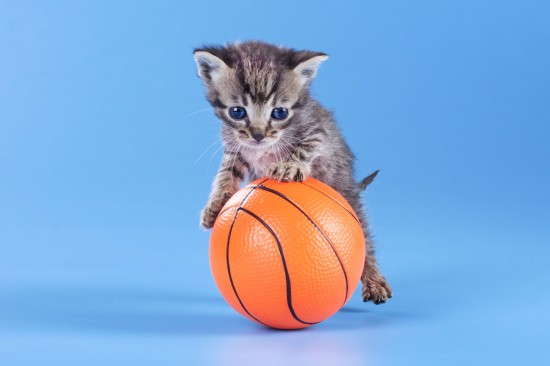 Getting Your Cat Fit And Healthy By Having Fun
Getting Your Cat
Getting Your Cat Fit And Healthy By Having Fun
Getting Your Cat
Copyright © 2005-2016 Pet Information All Rights Reserved
Contact us: www162date@outlook.com